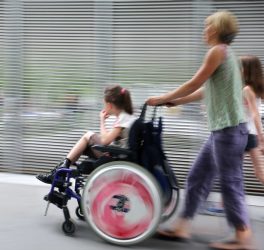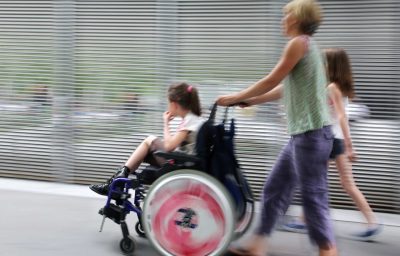A University of Dundee student has developed new sign language for specialist biological terms currently missing from formal British Sign Language (BSL).
Liam Mcmulkin, a second year Life Sciences student who has been deaf since birth, came up with the idea after becoming frustrated at the lack of complex scientific terms in BSL.
More than 100 signs he came up with while studying at the University of Dundee have now been accepted by British Sign Language.
BSL is used by approximately 87,000 people across the UK but the scientific lexicon effectively stops at advanced higher level/A-level in school, meaning complex terms which are used in cutting-edge research have to be spelled out to students like Liam.
The current finger-spelling of ‘deoxyribonucleotide’ and ‘deoxyribonucleoside’ means that the difference between each term is only made clear at the end, making them both confusing and potentially hazardous to students conducting experiments
“I am delighted to be able to develop signs which can improve science for BSL users, terms which I need to use every day” said Liam
“Being a deaf student can be challenging but I am thrilled to have the opportunity to meet world-leading scientists from across the University and develop signs that may make a significant difference to anyone dreaming of learning and leading in the sciences.”








